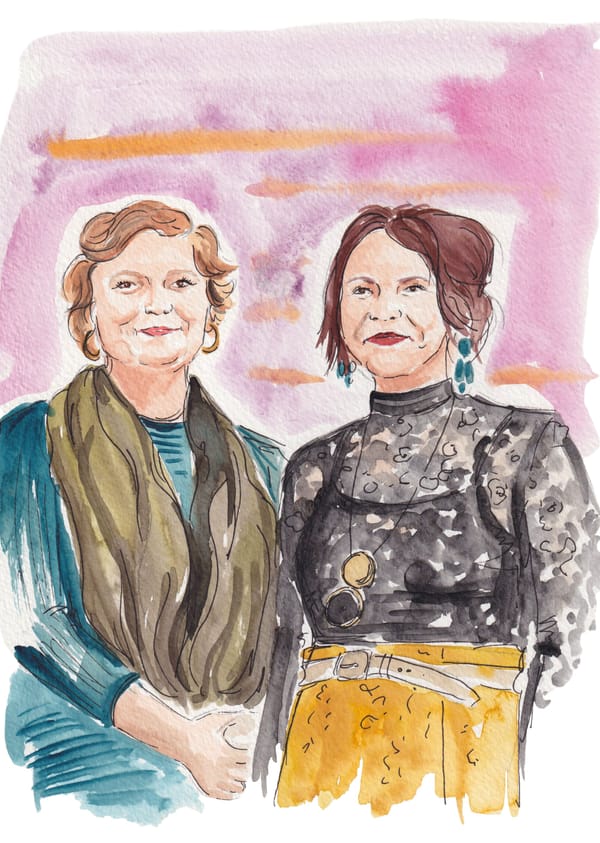Instagram is Home to Thriving Communities. Meta's Plans Risk Cutting Them Off.
Mark Zuckerberg's plans to change content moderation at Meta risk cutting off communities that have become vital lifelines for women.

Since Twitter—now X—was bought by Elon Musk, user experience on the platform has worsened. Those who, like me, spent years steadily building a community there don’t need studies to demonstrate that Musk’s takeover and subsequent firing of vast portions of its content moderation and misinformation teams, resulted in a spike in misogyny and abuse and a jump in the number of bots—because we’ve been there, watching it as it changed.
Now, Mark Zuckerberg has announced plans to follow Musk’s lead: In a video posted this week, he said his company, Meta, will “get rid of fact-checkers” on its Facebook and Instagram platforms, replacing them with “Community Notes”—users themselves doing the fact-checking.
He added that he will “get rid of a bunch of restrictions on topics like immigration and gender.” It means, he admitted, “we’re going to catch less bad stuff, but we’ll also reduce the number of innocent people’s posts and accounts that we accidentally take down.” X users already know what is likely to happen as a result of this: A rise in misogyny and hate speech as threats and abuse become normalized.
But there will also be a more subtle effect on women’s lives. Because while Instagram has justifiably come under fire for the effect it has on women’s mental health, it has also become a place for many to find belonging during a period of vulnerability.
When I discovered I was infertile, I found a thriving community of other women on Instagram, who were able to share their own experiences and advice in a way that my real-life friends—none of whom had gone through IVF—couldn’t. When I finally became a mother, it was to Instagram I turned when my baby wouldn’t feed, or sleep, or was throwing tantrums so fierce my house shook. There was always someone like Becky “Dr Becky” Kennedy or Emily Oster offering a word of advice. Or maybe it was simply a follower who was also up at 3 a.m., trying to breastfeed, there to calm me with good ideas and soothing words.
Other communities have flourished there, too. Women going through cancer treatment have found a renewed sense of identity; those recovering from mental health problems have also spoken out about the support they found on Instagram.
But a community is a delicate thing. It requires careful policing to ensure bad ideas don’t take hold. Instagram posts by the infertility community are regularly inundated with comments containing promises of miracle cures. The only way to manage these and ensure the most desperate people aren’t defrauded is to report them. Without a team to carefully scrutinize posts and comments for misinformation, the platform will—like X—begin to rot. For the women who have found a community there, that may well cut off a lifeline.





